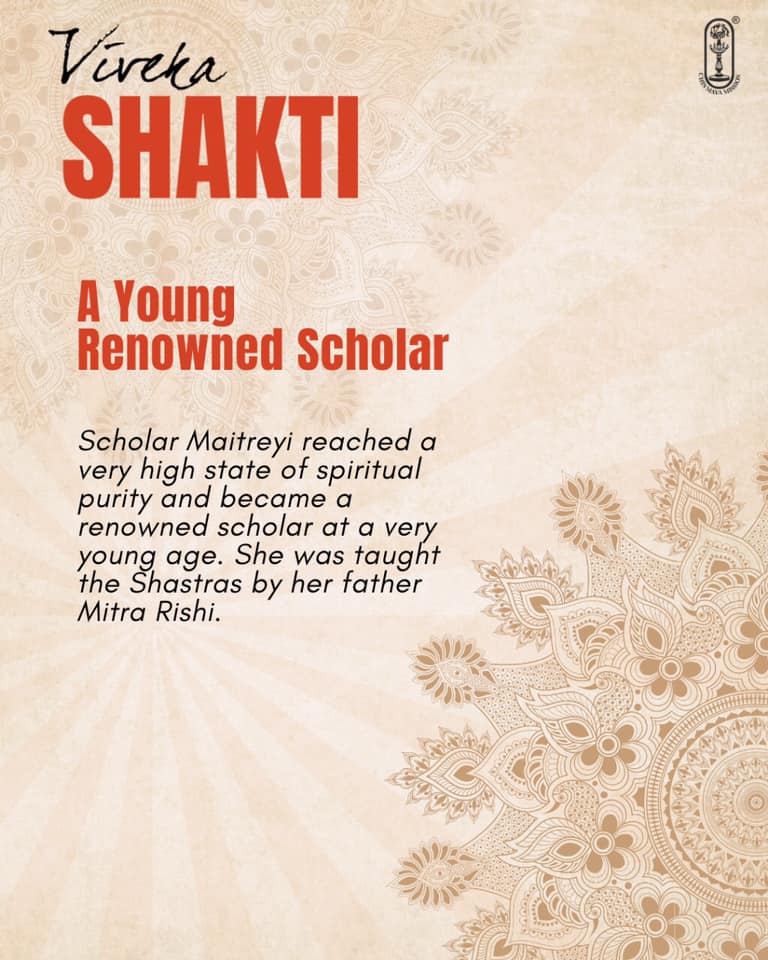The Kathopanishad: A Wondrous Epic of the Spirit : 11. Swami Krishnananda.
==============================================================
=============================================================
Wednesday, January 26, 2022. 19:12.
Post-11.
(Spoken on June 19, 1972).
================================================================
Judgment is a logical process of dovetailing a predicate with a subject. Whenever we make a statement, give an opinion or pass a judgment, what happens is we connect the subject to the predicate. There is always a separation of two units, and then an artificial bringing together of these two units. We assume a difference between the subject and the predicate, and then try to bring the two together in logical judgment. So this is a defect of the process of ratiocination.
Hence, the intellect is not supposed to be independently a source of wisdom of the spirit.
Naiṣā tarkeṇa matir āpaneyā (Katha 1.2.9), says the Kathopanishad itself.
By logical argumentation, this Spirit is not to be gained because logic has its defect. The initial flaw of having to separate two units of a judgment and then having to bring them together. We break the legs, and then bring them together. This is the defect of the logic and ratiocinating process, but the intellect has not to perform these functions. It has to stand by itself as a single lamp, merely illumining but not associating itself with the activities of the senses or the mind. The senses, the mind and the intellect have to come together and form a single energy.
That is the Supreme State – tām āhuḥ paramāṃ gatim..
Also, we are told simultaneously there :
yadā sarve pramucyante kāmā ye'sya hṛdi śritāḥ, atha martyo'mṛto bhavaty atra brahma samaśnute (Katha 2.3.14).
These are all small verses giving a wealth of meaning, and perhaps the entire system of yoga is pressed into the few words of the verses.
yadā sarve pramucyante kāmā ye'sya hṛdi śritāḥ, : When all the desires are liberated from the heart, what happens?
atha martyo'mṛto bhavaty : The mortal becomes immortal here itself.
Atra brahma samasnute : Not tatra, but atha – not far off in a distant place, tomorrow or afterwards, after death, but now. Eternity is a here and a now. It is not an after, and it is not a tomorrow. It has no space, it has no time; therefore, it is just here: atha brahma samasnute.
Now, with such elaborate descriptions of the path of the Spirit, Yama gives a sort of answer to the ultimate question :
What happens to the soul when it is absorbed into the Absolute? This was the question of Nachiketas.
We are led from the points mentioned in the Kathopanishad to the higher reaches given to us in the Brihadaranyaka Upanishad, which are the crowning glory of culture, we may say, in one sense. The heights which the mind of Yajnavalkya reached are the Himalayas of the spirit, we may say.
There is nothing higher than that. No human mind can conceive anything loftier than what Yajnavalkya conceived, and in a tumultuous emotion of having heard something shocking, Maitreyi queries Yajnavalkya. “What are you saying, my lord?”
--------------------------------------------------------------------------------------------------------
To be continued ....
===============================================================








.jpg)

Comments
Post a Comment